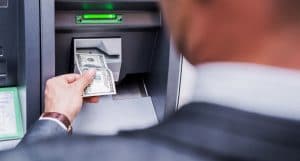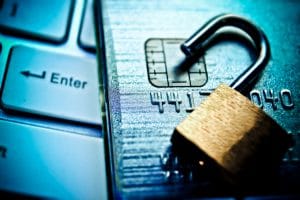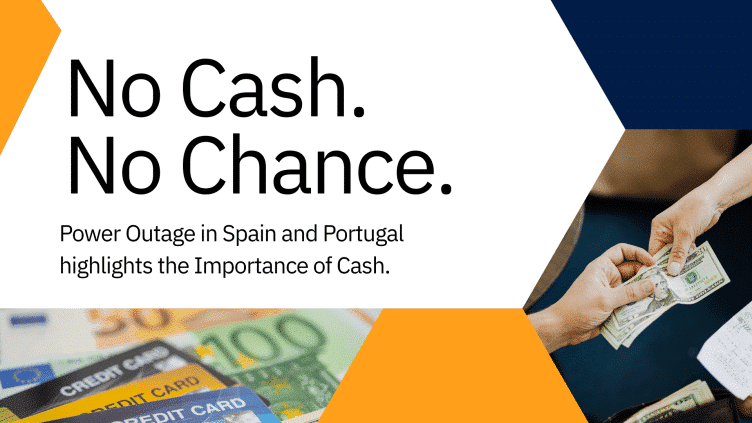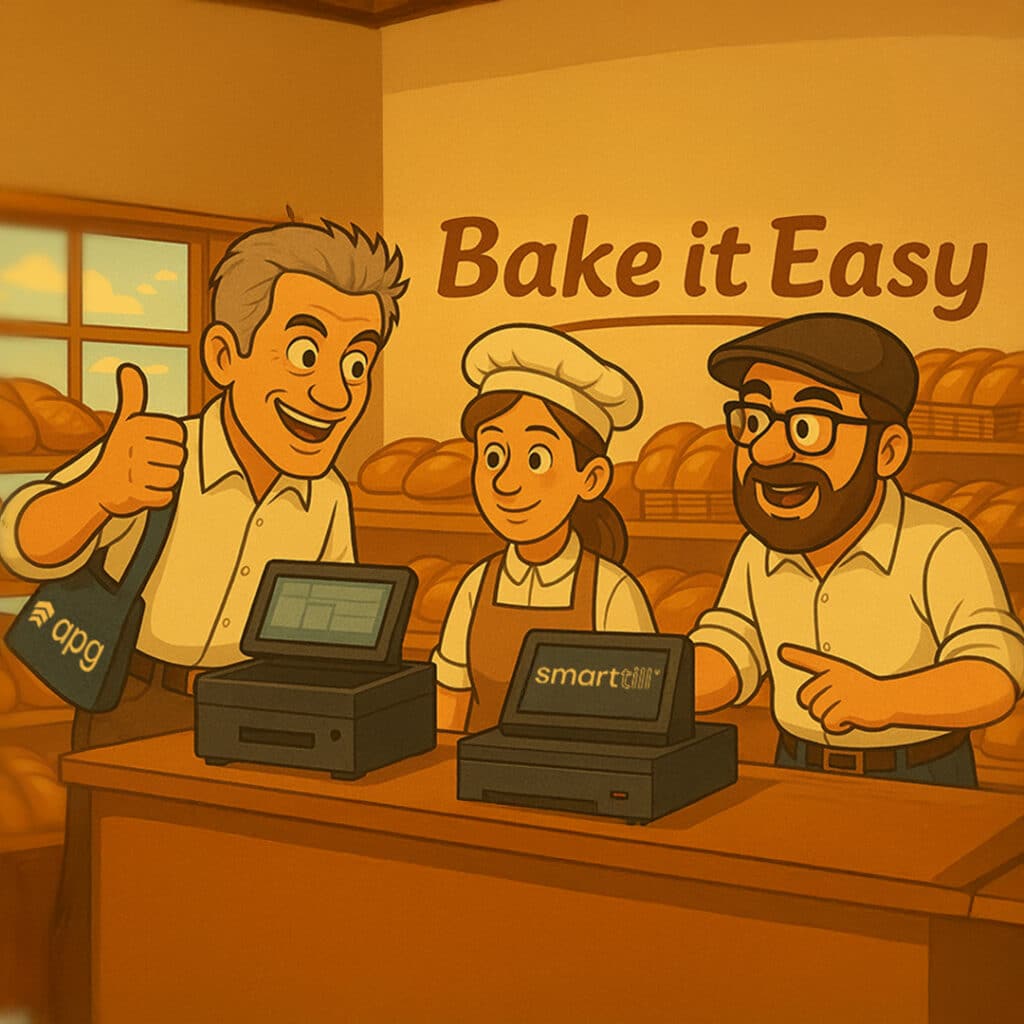
The debate over whether we should become a cashless society shows no signs of abating soon, but in the meantime plenty of compelling reasons remain for using cash in a variety of situations.
While some businesses are embracing cashless payments, and the whole country of Sweden is moving in that direction, cash isn’t about to disappear. Too many businesses still depend on coins and bills to sell their wares. Cash remains king at fast food restaurants, for instance, where 41% of the business accounts for cash transactions. Cash also remains a significant portion of business at gas and convenience stores (33%), mass merchants (32%), restaurants and bars (26%), and warehouse clubs and food stores (25%), according to IHL.
With so much business still conducted in cash, don’t expect it to disappear any time soon. Besides, some customers cannot pay with anything but cash, since they are unbanked or under-banked.
When Banking Isn’t Available
Currently, the number of Americans without bank accounts is 5%, according to a Federal Reserve report. In Europe the number is higher – 14%. And the World Bank estimates that globally 2 billion people are unbanked.

If forced into a cashless system, unbanked and under-banked people would be disenfranchised, unable to buy food, clothing and other life necessities. Most people don’t choose to be unbanked or under-banked; they simply have no access to the banking system. In some cases that’s because they live in rural or inner city communities where bank branches are scarce.
Banks also deny people accounts if they fail a background check or they’ve had too many overdrafts of bounced checks in the past. Other reasons for unbanked or under-banked people include distrust of banking institutions, unemployment, illiteracy and banking fees.
A cashless society would disproportionally affect the poor and other vulnerable communities, such as recent immigrants who haven’t had enough time to build up credit or open a bank account.
Security Issues

Some consumers choose to pay for purchases with cash because of security concerns. Every time another big company suffers a breach that compromises payment card information, consumers worry about how that impacts them.
In 2017, the consumer credit reporting agency Equifax suffered one of the biggest breaches to ever grab headlines. It compromised personal data of almost half of all Americans (145.5 million), including driver license numbers birth dates, addresses and Social Security numbers.
Consumers have good reason to worry about a potential cashless society. One of the possible consequences of having personal data stolen through a security breach is identity theft, which can cause years of headaches for victims. Through identity theft, cybercriminals can empty a person’s bank account, use their credit cards, get government benefits and even apply for a job in the victim’s name.
Paying Cash for Online Purchases?
While there is an undeniable push for cashless systems, there is just as persistent a movement to continue using cash. It is even possible to pay for online purchases with cash, thanks to a product called Paysafecash. It allows buyers to go to a nearby location to pay with cash for an online purchase. How successful Paysafecash will be remains to be seen, but one thing is for sure: As long as initiatives and technology like Paysafecash are introduced, you can bet cash will stick around for a long while.




